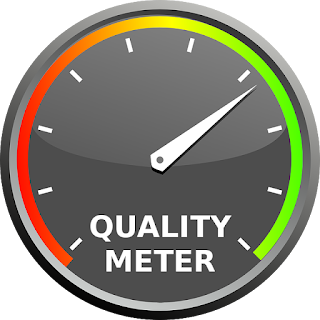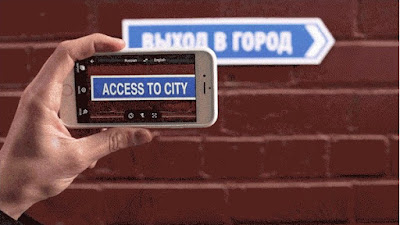Legal document translation is as different to any other type of translation as the legal language is to any other technical language. It’s a bit like asking a French translator to translate an English document into German if you ask a marketing translator to deal with a legal document for you.
German translators who are capable of handling legal documents and legal document translation should be experienced first and foremost in the two languages of English and German, of course, but also should have working knowledge of the two legal systems as well and preferably have experience in translating legal documents. You will probably pay a bit more for this sort of specialised service, but if you want your Mercedes looked at by a mechanic, you don’t necessarily want to employ a mechanic who has only been used to Volkswagens, do you?
Legal documents include things like birth, death and marriage certificates, deposition records, financial statements, patent confirmations and certificates, letters of application, wills and covenants, business contacts and litigation material amongst others. The German translation service you choose should be aware of what these documents are all about and have had experience in translating them. This means they are well versed in legal terminology but have a working knowledge of the intricacies of German law as well as that of the English speaking country you are based in.
It hardly bears stressing that the outcome of even the slightest mistake in a legal translation might have important and expensive ramifications, so the English German translators used must be professionals in terms of their standards of accuracy and their editing and proofreading. Legal document translation should never be left to a bilingual staff member or, worse still, an online translation tool, whatever may seem to be the savings in cost of doing this.
Finally, two more important aspects of legal document translators are the speed of delivery and the requirement for confidentiality. While you are not expecting a German translator to rush through an important legal document translation you will most likely have deadlines of your own and you will need to know whether the translator can deliver by the specified date. In addition, you will want to be assured that the document contents are totally secure and cannot be made known to any other person or organisation because of lax confidentiality standards. Most businesses or organisations that regularly require legal document translation will usually work with the same trusted translation service once they are happy with the level of service they offer.





